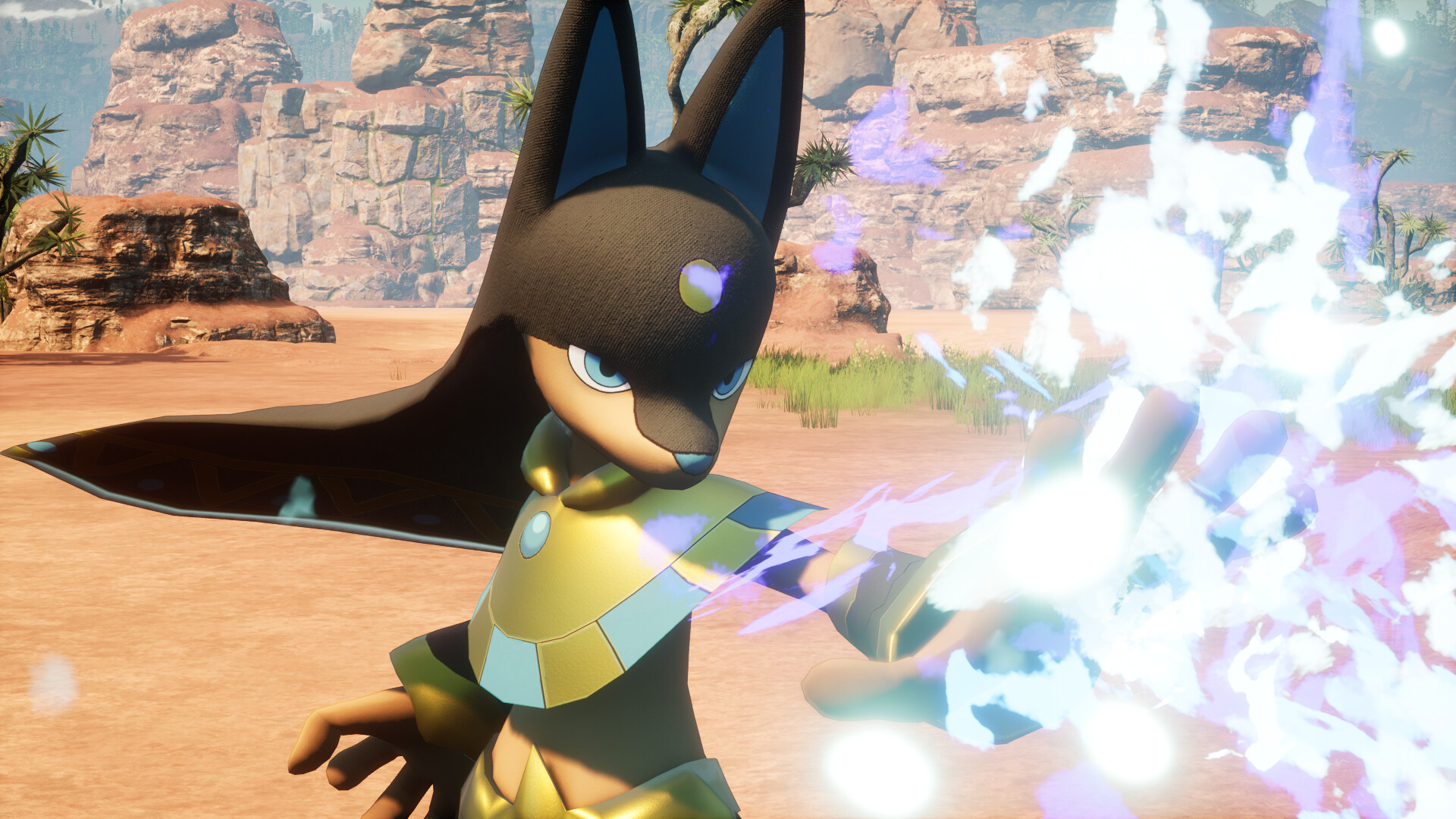- Published on
Nintendo could be looking to take the Palworld lawsuit overseas, but 1 attorney suggests it may be harder to win in the US than in Japan
Nintendo and The Pokemon Company are pursuing a patent infringement lawsuit against Palworld developer Pocketpair, potentially over gameplay mechanics similar to those in Pokemon games, raising questions about the legal landscape for monster-collecting RPGs.

Nintendo and The Pokemon Company could be looking to sue Palworld developer Pocketpair outside of Japan, but doing so might not be easy, one attorney has suggested.
As highlighted by patent attorney Kiyoshi Kurihara (via Yahoo Japan, and translated by Automaton), there are four likely patents that Nintendo and The Pokemon Company previously applied for that seem like likely candidates to be brought up in the ongoing patent infringement lawsuit, including one which basically seems to describe Pokeball-style catching mechanics. Specifically, all four of these are divisional patent applications – filed after two previous parent patents dating back to 2021 – but reportedly, Kurihara says that these parents also have divisional patent applications in the US.
Automaton points out that two of these, which seem to describe Pokemon Legends: Arceus-style gameplay mechanics – like throwing one of your own Pokemon at a wild one to start a battle, and one related to riding mount Pokemon – were filed this year, and have also been filed for a faster, 'Track One' examination. They're still pending, though, and just because they'll be reviewed faster doesn't mean that they'll actually be approved, with the mount-based one reportedly being notified of Non-Final Rejection. As the name suggests, that rejection is, well, not final, but one of the sections of US patent law that's apparently influenced the decision so far is one that questions whether something is actually patentable in the first place.
Interestingly, it sounds like this could influence whether or not a US-based lawsuit is successful—if one is filed, that is. Kurihara reportedly claims that in the US, software inventions are likely to be classified as 'abstract ideas,' which are considered ineligible for patent. This is quite different in Japan, where rejection for being an 'abstract idea' is apparently rare when it comes to software inventions.
For now, it's all a waiting game, anyway. As far as the ongoing lawsuit in Japan goes, analyst Serkan Toto previously told us that he thinks it's unlikely Nintendo would have filed it at all unless it was confident it would win, and "looking at the track record, it's highly likely that they win." However, it's not clear how long this could even go on for – another IP expert previously suggested that it's "more likely to last five years than to be settled during the first year," so we could be in for a long ride.